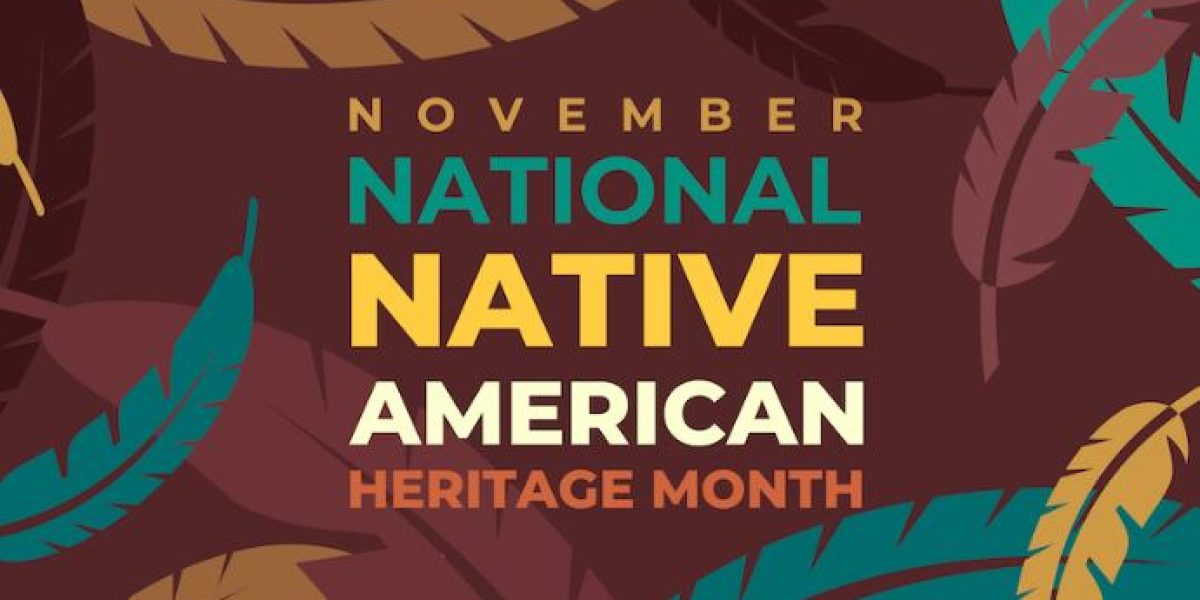Honoring a Rich Cultural Legacy
Every November, in the United States, Native American Heritage Month serves as a time to recognize and celebrate the vibrant cultures, traditions, and contributions of the indigenous peoples who have inhabited the North American continent for thousands of years. This month-long celebration is a crucial opportunity for us to reflect on and appreciate the incredible diversity and resilience of Native American communities. In this blog, we will explore the reasons why we celebrate Native American Heritage Month and the significance of this commemoration.
1. Acknowledging Indigenous Resilience
One of the most compelling reasons to celebrate Native American Heritage Month is to honor the resilience and strength of Native American communities. Throughout history, indigenous peoples have faced significant challenges, including colonization, forced displacement, cultural suppression, and discrimination. Despite these adversities, they have persevered and continue to thrive. Recognizing this resilience is not only a source of inspiration but also a reminder of the importance of preserving and uplifting indigenous cultures.
2. Educating and Raising Awareness
Native American Heritage Month provides an excellent platform for educating the public about the history, cultures, and contemporary issues facing Native American communities. By understanding the challenges and triumphs of indigenous peoples, we can better appreciate their contributions to society. It also helps dispel stereotypes and misconceptions, fostering a more inclusive and respectful society.
3. Preserving Cultural Heritage
The celebration of Native American Heritage Month encourages the preservation and revitalization of indigenous languages, traditions, and art forms. Many aspects of indigenous culture are at risk of being lost, and this month serves as a reminder of the need to protect and pass down this invaluable cultural heritage to future generations.
4. Honoring Contributions to Society
Native Americans have made significant contributions to various fields, such as art, literature, medicine, sports, and environmental conservation. Celebrating their heritage is an opportunity to acknowledge and celebrate these accomplishments. For example, renowned authors like Louise Erdrich and Sherman Alexie have enriched American literature, while athletes like Jim Thorpe and Billy Mills have excelled in the world of sports. These individuals, among many others, have left indelible marks on American society.
5. Building Cultural Understanding
By celebrating Native American Heritage Month, we encourage dialogue and engagement between indigenous and non-indigenous communities. This interaction fosters cultural understanding and appreciation. It allows for cross-cultural exchanges that can break down barriers and build bridges of empathy and respect.
6. Addressing Contemporary Issues
The observance of Native American Heritage Month also highlights ongoing challenges faced by indigenous communities, such as healthcare disparities, education access, environmental concerns, and land rights. Recognizing these issues can stimulate important discussions and prompt action to address them. Supporting initiatives that aim to improve the well-being of indigenous peoples becomes a central part of the celebration.
Conclusion
Native American Heritage Month is a time to recognize and celebrate the enduring spirit, rich culture, and significant contributions of Native American communities. It serves as an annual reminder to honor the past and present of indigenous peoples, as well as to acknowledge the struggles they continue to face. By celebrating this heritage, we can collectively foster greater awareness, understanding, and appreciation for the invaluable role Native Americans have played and continue to play in shaping the tapestry of American society. It is a time for us to come together and work towards a more inclusive and equitable future, where the cultural diversity and resilience of indigenous communities are cherished and upheld.



